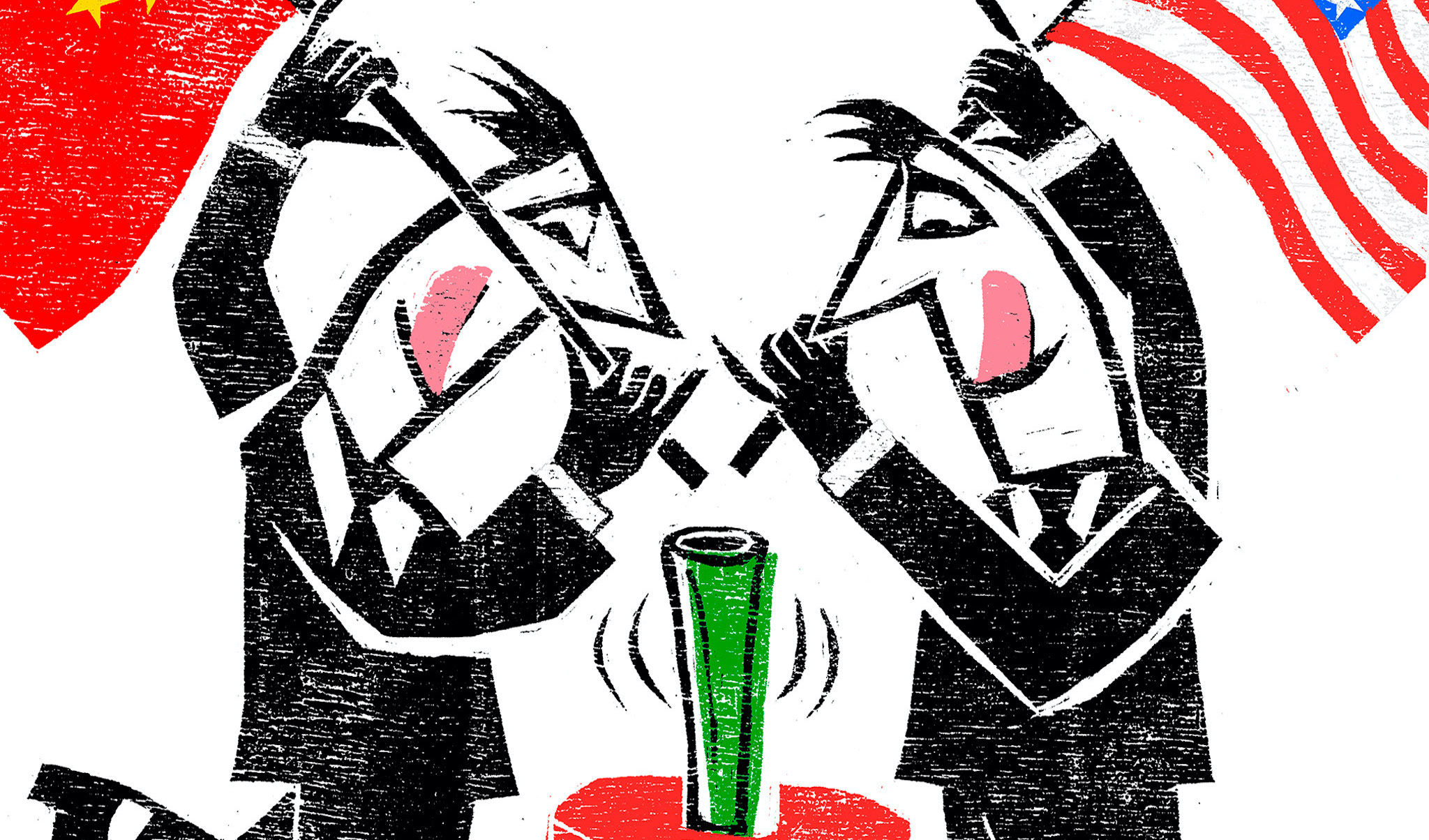TOM PLATE WRITES — It was quite a good romp. There in square five was Elliott, who helped run the college student newspaper way back then, now a professional psychotherapist. A few zoom squares away was lifelong friend, author and noted screenwriter Aaron. Then there was John, zooming in to the virtual reunion of the class of 1966 from what looked like his car or truck.
This past weekend at Zoom reunion seminars at Amherst College, from which I graduated a long time ago, our discussion question was: what was the most important political event that has occurred in our lifetime? Unsurprisingly, each alumnus, taught at Amherst to think for himself (it was once an all-male school), had their own answer.
The unravelling of the DNA code was nominated. So was climate change. The psychotherapist made the case for the late Swiss chemist Albert Hofmann’s championing of the therapeutic validity of LSD. The World Wide Web got votes. So did the worrisome issue of the future direction of the US.
It was hard to argue with such choices, but as panel moderator I tried anyway, and nominated the re-rise of China. I tried not to alienate too many of the Amherst grads, who were well aware of the American sentiment on the East Coast that Beijing was up to no good and never would be any good.
So I backtracked to the end of World War II when Japan, which had invaded just about everyone in East Asia and the Pacific, finally had to close the curtain on its imperial ambition to rule Asia after suffering the horrendous humiliation of the atomic bombing of two of its cities. It was over. China, bloodied as it was, came out on the winning side – with the US. People forget that.
Then – I continued – in October 1949 Mao Zedong proclaimed the founding of the People’s Republic of China from atop Tiananmen, all but ending the ghastly Chinese civil war.
I recalled that, at that time, I was living on Long Island, in a small town graced by not one but two Chinese restaurants – I jokingly called it the first unmistakable evidence of Chinese global ambitions to penetrate the vitals of our healthy retail commerce and it put me on red alert for good.
The Chinese obviously ached to take over the world, even including non-strategic Long Island. That got a laugh, with someone chipping in: just like those suspicious Confucius Institutes on American campuses. I now felt that the seminar alumni group was pretty much on the same page.
They sensed how convinced I was that the re-rise of China was the most significant political development in our lifetime. And so on my Asia-oriented timeline, the next gigantic event was the death of Mao, just after midnight on September 9, 1976, at age 82.
The passing was a titanic global event, and a great relief for many. Yes, he was a remarkable revolutionary, but like many others of that bravado breed, he was tragically late to realise when his time had passed and he needed to step aside. Eventually his death led to better things.
After the behind-the-scenes power struggle was worked through, the Chinese people got new leaders and started gaining hope for the future. It was high time. They were sick and tired of being poor and who except the most hard-hearted among us can blame them for that?
It was about this time that I began reporting on Asia and China in the form of a newspaper column. Am I pro- or anti-China? Asian readers might generously view me as an American journalist simply aiming for genuine balance in assessing US-China relations. But this is not the case in the US, especially on the East Coast in New York and Washington, where anti-China sentiment is boiling.
Whether Americans like it or not, they are currently experiencing one of the greatest political developments in history: the re-rise of China. I offered fellow discussants this timeless quotation often attributed to Napoleon: “China is a sleeping giant, let her sleep, for when she wakes, she will shake the world.” Napoleon, who supposedly made that prediction 200 years ago, got China right. So I finished by saying I prayed America’s leaders would get it right, too.
Not an hour later, someone from the group emailed me. He asked: “But what would it mean to get the relationship with China right?” It’s a fair but hard question when you cannot be sure where China’s fate will take the world. But getting it right would require enhanced virtues for America.
One, patience with others who want to do things their own way; two, attention to our own internal issues before telling the world how to fix theirs. We should respect ancient civilisations such as China and India, and we would want a foreign-defence policy that produces an atmosphere of peace, rather than confrontation. Is that too much to ask?
Loyola Marymount Clinical Professor Tom Plate is the Los Angeles-based university’s Distinguished Scholar of Asian and Pacific Studies

